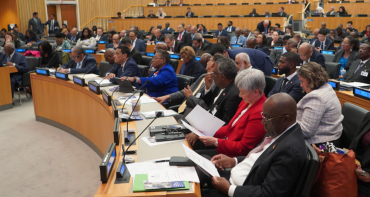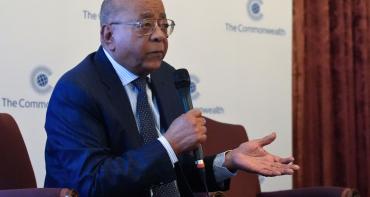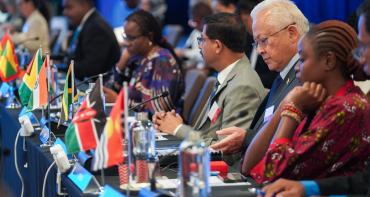This week, the Commonwealth Secretariat Human Rights Unit and the Whaikaha – Ministry for Disabled People (New Zealand), convened a side event on the margins of the Conference of State Parties to the United Nations Convention on the Rights of Persons with Disabilities in New York City on 13 June. The side event examined practical ways of strengthening the employability of persons with disabilities to ensure that they can enjoy work on an equal basis.
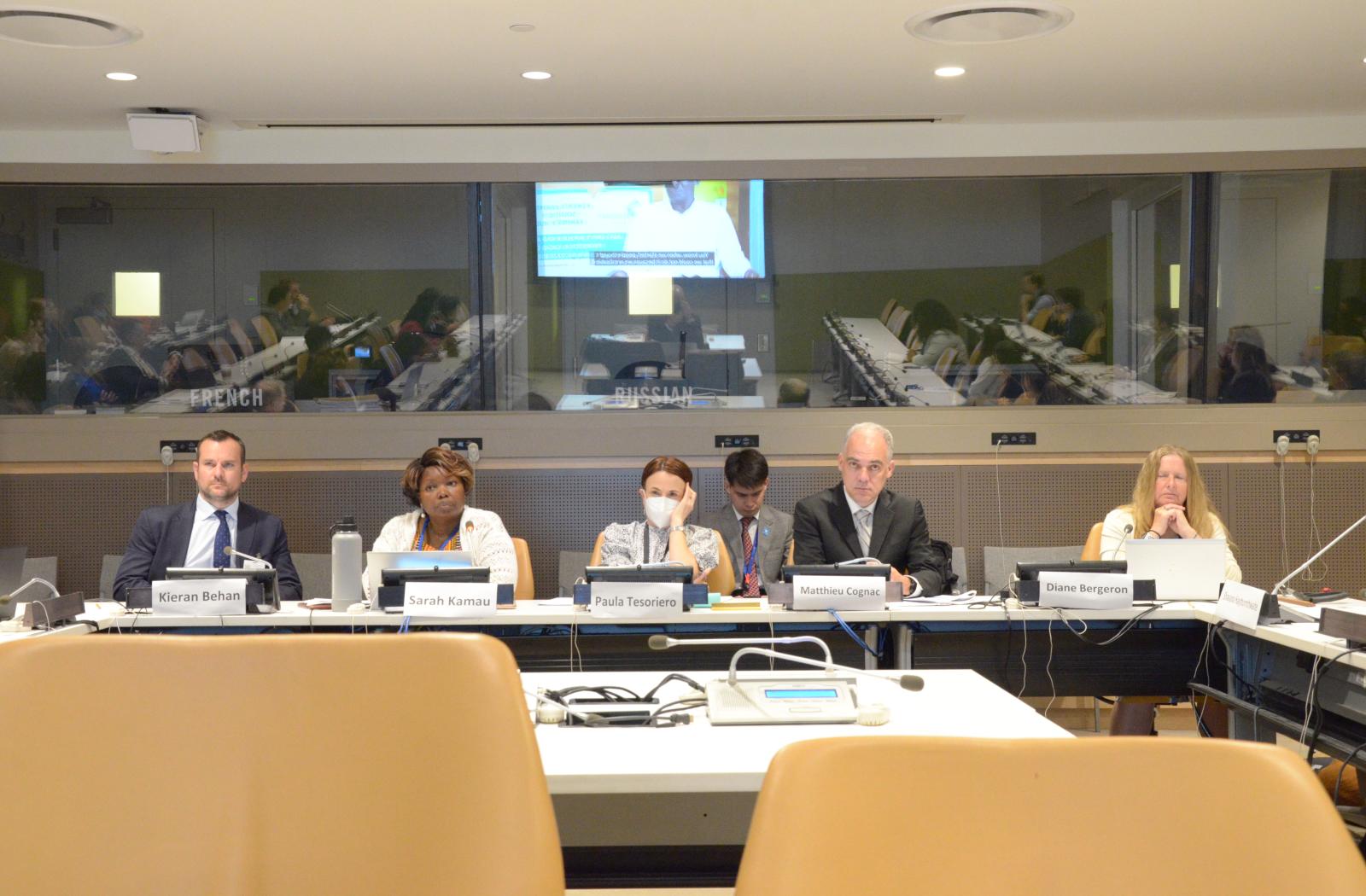
The central theme of the panel focused on the United Nations Convention on the Rights of Persons with Disabilities’ requirement to enable access to general technical and vocational guidance programmes, placement services and vocational and continuing training to ensure inclusive work. The side event critically examined the different approaches of key stakeholders, including public authorities and businesses, to enable this requirement.
The right to work is a fundamental right
Opening the session, Dr Shavana Haythornthwaite, Head of the Human Rights Unit of the Commonwealth Secretariat, emphasised that, “The right to work is a fundamental right, essential to realising other rights and an inherent component of human dignity.” She further highlighted the necessity of practical measures to help overcome the barriers preventing improved employability of persons with disabilities.
Delivering her keynote remarks, Paula Tesoriero MNZM, the Chief Executive of Whaikaha – Ministry of Disabled People, set out the main challenges/barriers experienced by persons with disabilities. She noted that “employment practices can limit and exclude persons with disabilities from entering and achieving their potential in the workforce. Underpinning all the barriers experienced by persons with disabilities, are the disabling attitudes of systems and society. Systems and attitudes ignore the evidence which shows that diversity increases business performance and sustainability.”
Attendees, including businesses, government officials, inter-governmental organisations and civil society organisations, heard from diverse speakers on topics ranging from the development of the international human rights frameworks to private sector action to increase the participation of persons with disabilities in the labour market.
Interventions from partner organisations
Matthieu Cognac, a Senior Multilateral Cooperation Specialist from the International Labour Organisation (ILO) highlighted the intersections between youth and disability noting that “young people with disabilities were twice as likely to not be in education, employment or training than youth without disabilities”. He suggested that more support must be given to small and medium enterprises to employ persons with disabilities. He noted that the ILO launched a report on how to make the digital economy more inclusive for persons with disabilities in 2021. One of its key findings is that persons with disabilities need full access to digital skills to increase their employability.
Diane Bergeron, the President of CNIB Guide Dogs and Treasurer of the World Blind Union, stressed that these barriers to the full participation of persons with disabilities in the labour market currently cannot be overcome because of “the pervasive stereotypes that persons with disabilities still have to navigate in the labour market: they are under-educated, thus only eligible for low wage employment.” However, she welcomed “the increased trend to view the employability of persons with disabilities through a human rights lens”.
Finally, Kieran Behan, the Managing Director of Phaidon International highlighted the work of the private sector in increasing the employability of persons with disabilities. Kieran drew on insights from a survey of over 150 clients in various sectors asking pertinent questions to 150 employers across North America. He noted that “in the clients we surveyed and our experience, there is a genuine desire in the private sector to create employment opportunities for people with disabilities. But more practical, day-to-day examples of this in action will help facilitate greater employment, especially in smaller to mid-size companies. If infrastructure can be built around business, this will also help increase accessibility for all. And if training programs and educational institutions can be equipped to fully support the technical training of persons with disabilities, there is a supply/demand imbalance in the labour market for these skills that will create employment opportunities.”
How the Secretariat is helping member countries
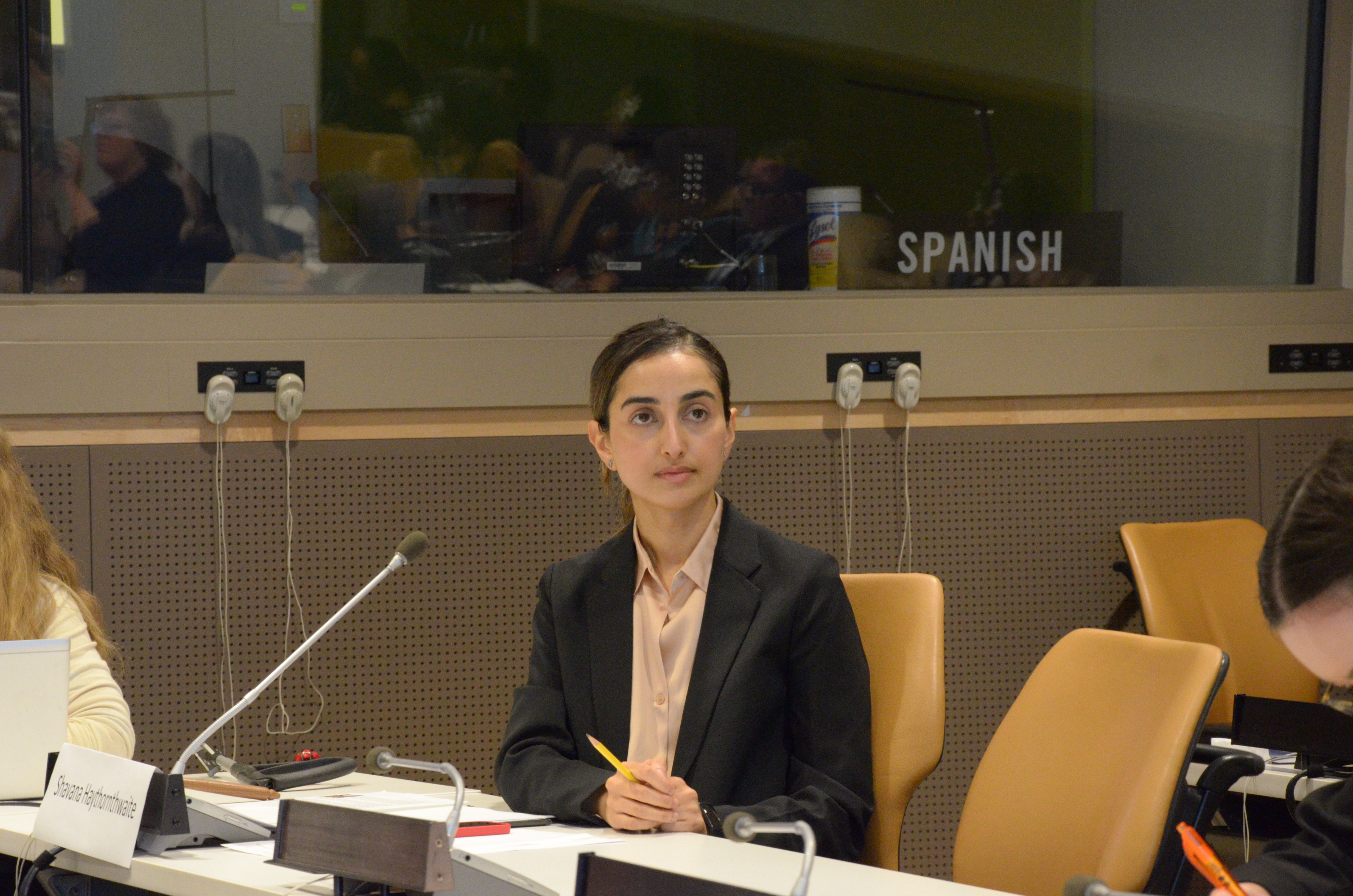
The Conference of State Parties to the United Nations Convention on the Rights of Persons with Disabilities which is taking place from 14-16 June 2023, is held annually to measure member countries' progress on the implementation of the Convention and brings together disabled persons organisations, human rights defenders and intergovernmental organisations. Key themes of focus at this year's conference include:
- Ensuring equal access to and accessibility of sexual and reproductive health services for persons with disabilities.
- Digital accessibility for persons with disabilities.
- Reaching the under-represented groups of persons with disabilities.
The Commonwealth works with our member countries to help prioritise the rights of persons with disabilities to help ensure their inclusion in public policy and society and the fulfilment of their rights.
Media contact
- Rena Gashumba Communications Adviser, Communications Division, Commonwealth Secretariat
- T: +44 7483 919 968 | E-mail

